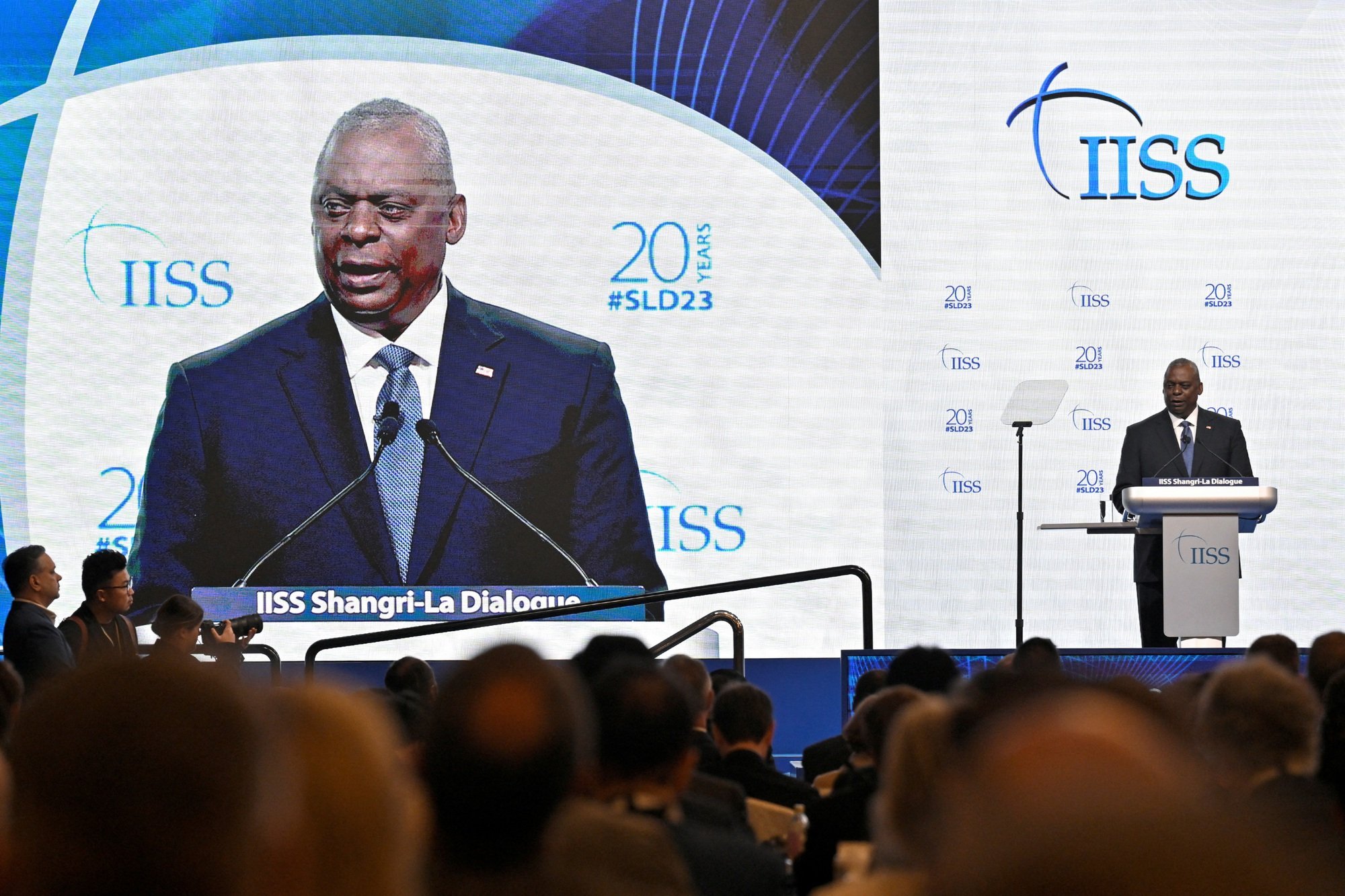
US Secretary of Defense Lloyd Austin speaks at the Shangri-La Dialogue on June 3.
Speaking at the Shangri-La Dialogue (SLD) in Singapore, Asia's premier security forum, Secretary Austin said open lines of communication between US and Chinese defense and military leaders played an important role in preventing conflict and enhancing stability in the Asia-Pacific.
"I am deeply concerned that China is not willing to engage more seriously in better mechanisms for crisis management between our two militaries," Reuters quoted Mr. Austin as saying at SLD on June 3, the second day of the annual event organized by the International Institute for Strategic Studies (IISS, headquartered in London).
"The more we talk, the more we can avoid misunderstandings and miscalculations that could lead to crisis or conflict," the Pentagon leader said.
US-China tensions expected to dominate Asia security conference Shangri-La Dialogue
According to the Pentagon, Chinese Defense Minister Li Shangfu this week declined a request from the US to hold bilateral talks with Austin on the sidelines of the SLD. However, the two defense ministers shook hands when they met in Singapore on June 2, although they did not talk for long.
"A friendly handshake at dinner is no substitute for genuine engagement... The United States does not seek a new Cold War. Competition must never be allowed to degenerate into conflict," Austin said.
General Lee, who has been placed on Washington's sanctions list, is scheduled to speak at the SLD on June 4.
In a statement to Reuters on June 2, a spokesman for the Chinese Embassy in Washington said communication between China and the United States was beneficial to promoting mutual understanding.
"However, now the US says it wants dialogue with the Chinese side while still trying to suppress China by all possible means and continuing to impose sanctions on Chinese officials, organizations and companies," the statement said, asking "Is there any sincerity and meaning in this kind of communication?"
US invites defense ministers to meeting, China refuses
Earlier, the Chinese Ministry of Defense spoke out about Minister Li Shangfu's "refusal" to meet Mr. Austin in Singapore. According to spokesman Tan Kefei, in fact, exchanges between the two countries' militaries "have not been interrupted", but "dialogue cannot be without principles" and Washington must take responsibility.
"The current difficulties in military-to-military exchanges lie entirely with the US. On the one hand, the US says it wants to increase communication, but on the other hand, it ignores China's concerns, creating barriers and seriously eroding trust between the two militaries," Dam said on May 31.
Also in his speech at the SLD on June 3, Mr. Austin said the US is determined to maintain the status quo in the Taiwan Strait and opposes unilateral changes from either side. "Conflict is not imminent, nor is it inevitable. The level of deterrence today is very strong and our mission is to keep it that way," Mr. Austin said.
The Pentagon chief also said that Chinese President Xi Jinping has not yet decided when to use force to “reunify” Taiwan, an island that Beijing considers its own territory. That date could be as early as 2027, according to US defense officials.
President Xi Jinping calls on China to prepare for 'worst case' scenario
Referring to the AUKUS alliance between the US, Australia and the UK, Mr. Austin said that this agreement helps increase stability and security in the region. Under the agreement, Canberra will spend 250 billion USD over 3 decades to build a nuclear submarine fleet with the help of Washington and London. Beijing has criticized this cooperation, saying that the agreement violates global efforts to prevent nuclear weapons proliferation.
Source link



![[Photo] Prime Minister Pham Minh Chinh chairs meeting on science and technology development](https://vphoto.vietnam.vn/thumb/1200x675/vietnam/resource/IMAGE/2025/5/17/ae80dd74c384439789b12013c738a045)

![[Photo] Nearly 3,000 students moved by stories about soldiers](https://vphoto.vietnam.vn/thumb/1200x675/vietnam/resource/IMAGE/2025/5/17/21da57c8241e42438b423eaa37215e0e)

![[Photo] Readers line up to visit the photo exhibition and receive a special publication commemorating the 135th birthday of President Ho Chi Minh at Nhan Dan Newspaper](https://vphoto.vietnam.vn/thumb/1200x675/vietnam/resource/IMAGE/2025/5/17/85b3197fc6bd43e6a9ee4db15101005b)
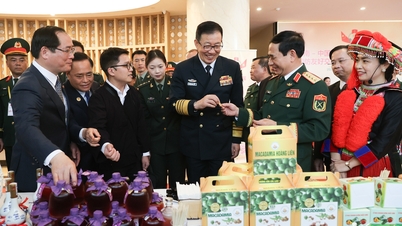




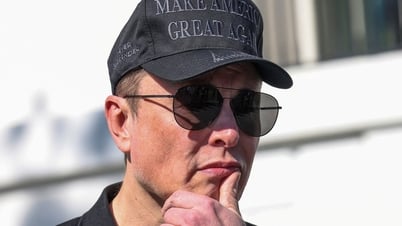
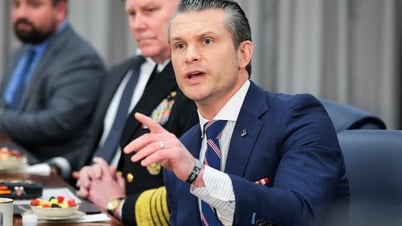



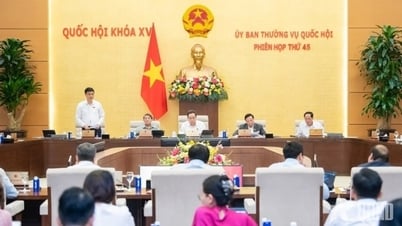
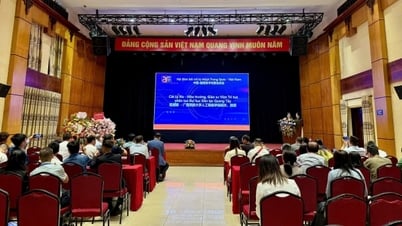










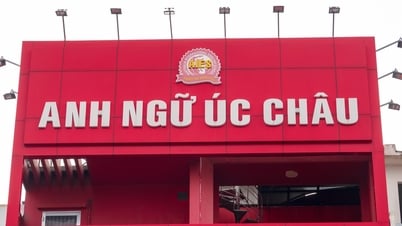

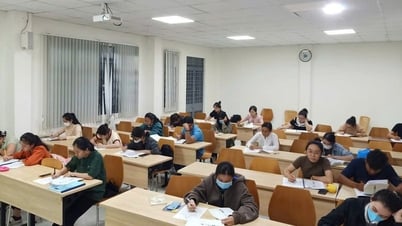

















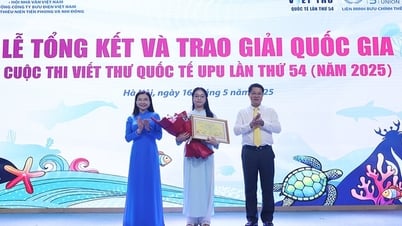

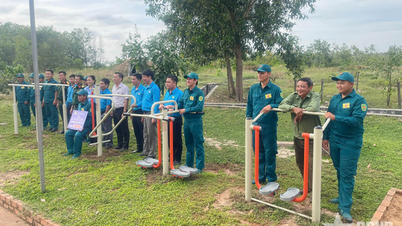












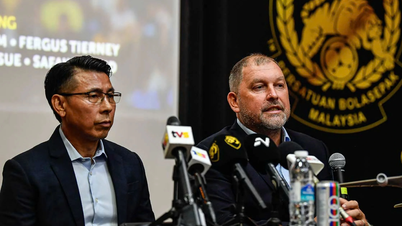


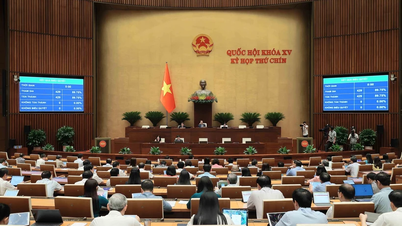












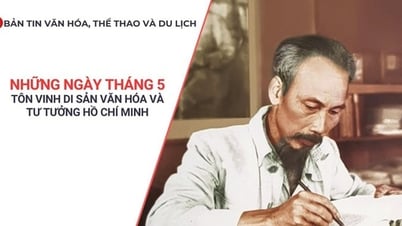
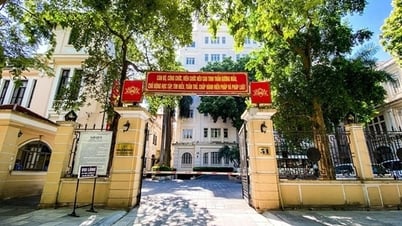
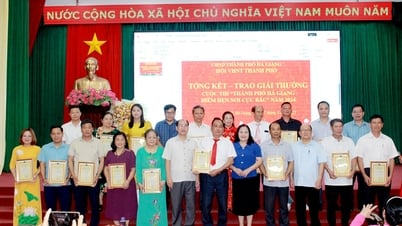






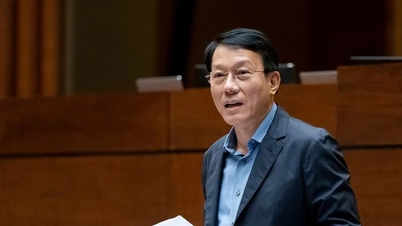













Comment (0)